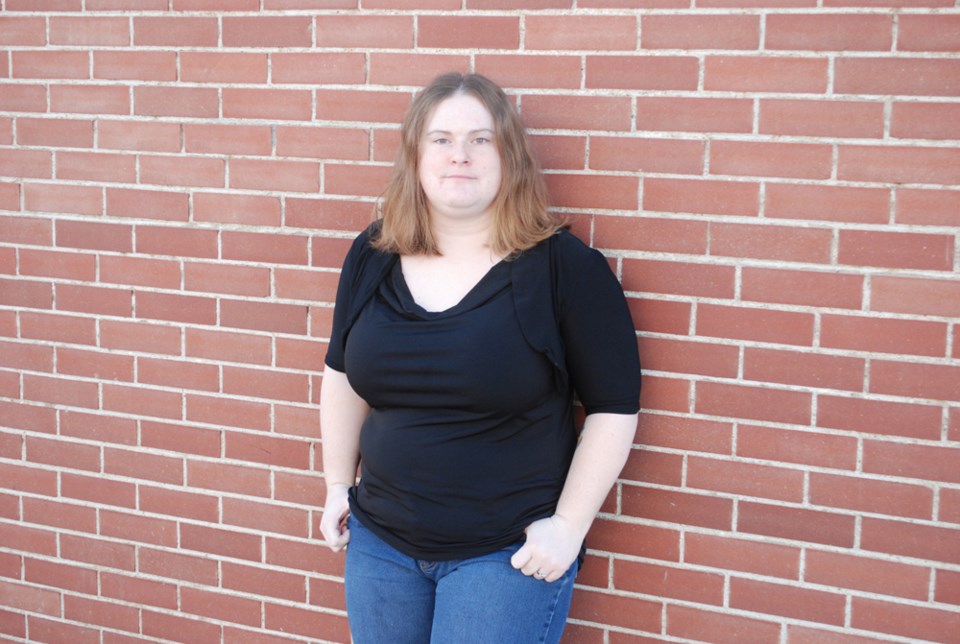As students prepare to go back to school and university, we need to talk about bullying.
We are doing much for kids to counter bullying in the schools, and while I know we can be doing more, what are we doing for these kids, and ourselves, to combat bullying in the workplace or in everyday life as adults?
All bullying is wrong, and, according to the Canadian Centre for Occupational Health and Safety (CCOHS), it is fairly easy to distinguish other workplace and out of office issues.
Bullying and harassing behaviour does not include, “Expressing differences of opinion; Offering constructive feedback, guidance, or advice about work‑related behaviour; Reasonable action taken by an employer or supervisor relating to the management and direction of workers or the place of employment.”
What it does include is a whole host of other examples, including, “spreading malicious rumours, gossip, or innuendo; excluding or isolating someone socially; intimidating a person; undermining or deliberately impeding a person’s work; physically abusing or threatening abuse; removing areas of responsibilities without cause; constantly changing work guidelines,” and many others.
There is a long list of effects that bullying has on individuals and the list is similar whether it is kids or adults being bullied; things like loss of confidence, panic or anxiety, family tension or stress, frustration and helplessness, according to CCOHS.
I am sure we have all felt that way one time or another, and at times I am sure we have been aggressors or survivors of bullying in our adult lives.
That is a reason in itself to be more empathetic to people.
I may not be a parent, but I have seen many parents stand up for their children when they are bullied. I have also seen parents take a stand when their kids are the bullies.
Are we doing enough to make sure we check ourselves in our workplaces to ensure that we are not the bullies that haunt our kids in the school halls?
Do we feel we can more easily justify our anger towards another person because we are adults and we know better?
Can we use our children as an example to check ourselves when interacting with another adult?
I want adults to take the time to consider this: if what you are saying to another person is something you would not want directed at your own kids or something your kids says to another kid, is that not a good reason to not say it ourselves?
If want our kids to be safe from bullying, we need to check ourselves first to make sure we are not being bullies.



